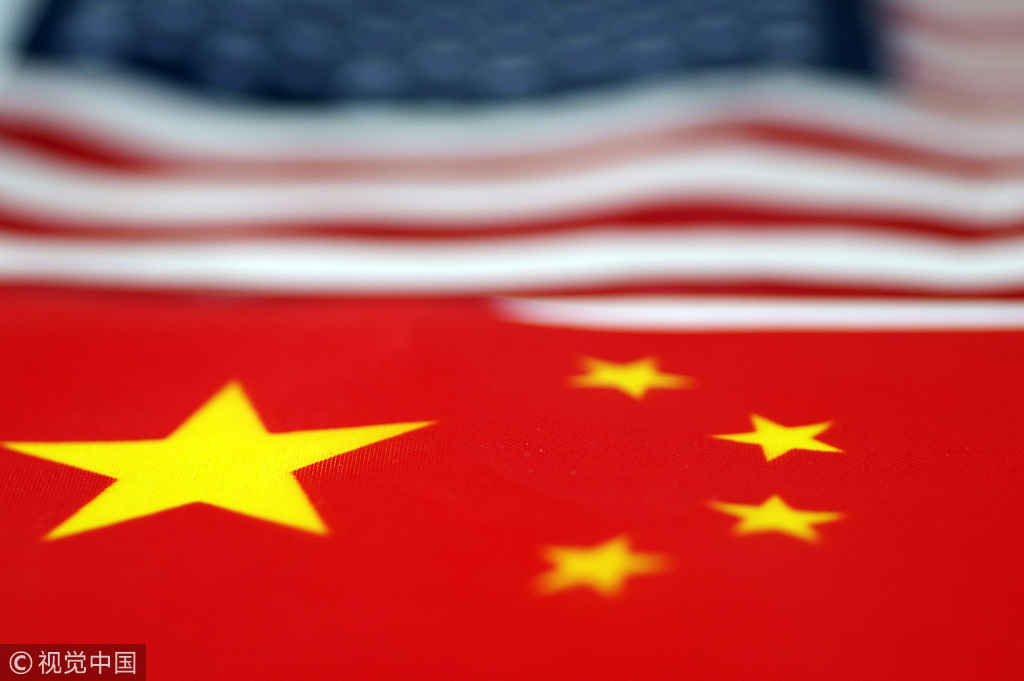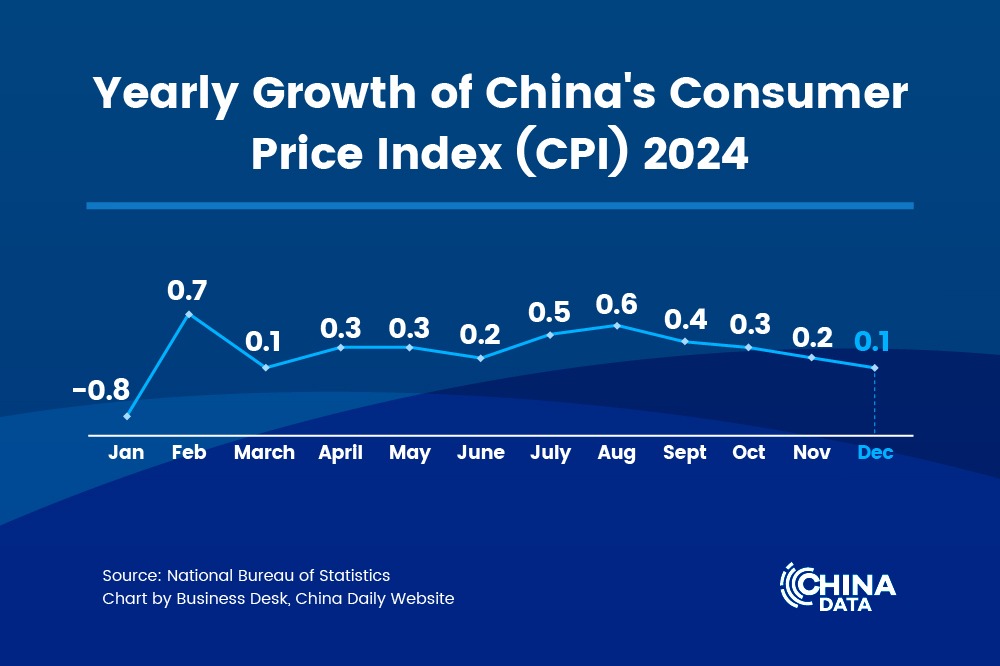Economists see ulterior motive in US trade, tariff moves


Washington has resorted to raising tariffs on Chinese goods and restricting Chinese telecom giant Huawei to undermine China's economic growth and maintain the United States' edge in economic development, Russian economists said.
"The recent standoff between China and the US is obviously an attempt by the latter to maintain its dominant role in world economy, through holding back China's development," said Alexander Lomanov, chief research fellow of Primakov National Research Institute of World Economy and International Relations of the Russian Academy of Sciences.
Fedor Voytolovskiy, director of the Russian institute, also said that the recent US trade and tariff moves are aimed at maintaining its technological leadership.
"What has happened recently between China and the US is a reflection of how tariffs and trade can be used to protect the global technological leadership of the US," he told a forum on Belt and Road Initiative, held by the Institute of World Economics and Politics of the Chinese Academy of Social Sciences on Monday.
Earlier this month, the US decided to raise tariffs on $200 billion worth of Chinese imports to 25 percent from 10 percent. It threatened to raise tariffs on more Chinese goods if China does not agree to its demands.
Meanwhile, the White House has signed an executive order restricting Huawei from selling equipment for use in US telecommunications networks.
Voytolovskiy warned the US could extend its ban on Chinese companies into other high-tech fields.
"In terms of long-term goals, the incidents mean the US will not only protect its companies in 5G, but also in fields such as aerospace, IT, new materials and other fields of technological leadership."
He warned that the escalation of Sino-US economic and trade confrontation may lead to economic decoupling of the world's top two economic powers.
Through the tariff and restriction policies, the US may seek to bring down China's economic growth while maintaining its strong recent growth, so that China's GDP will not catch up with that of the US, Lomanov told China Daily on Monday.
"But the US' strong growth may not be sustainable," he said. "It cannot escape the economic cycle."
The US registered an exceptional GDP growth of 2.9 percent year-on-year in 2018, but economists warned that the high growth rate may not be sustainable and the US economy is faced with problems like financial fragility.
In China's case, its economic growth has stabilized in the first quarter; and in the years until the middle of the century, China's economic growth may possibly be kept above the average world economic growth, said Cai Fang, deputy head of the CASS.
"China's income growth remains at the same level of mid-income countries and it still has a lot of potential to develop," he told another forum held by the Institute of Economics of the CASS on Friday.




































